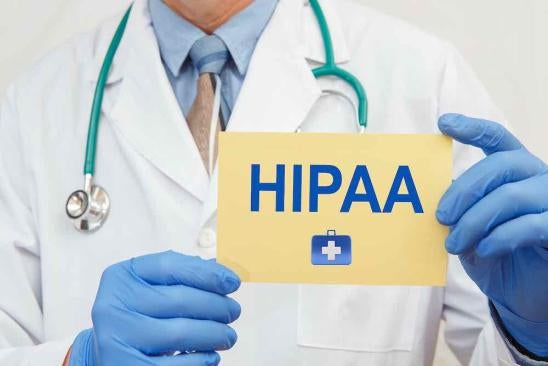Patient record requests can be a significant administrative burden for health care providers. An OCR enforcement initiative and a new federal law give providers more reason to get this process right. We summarize these rules here.
Since the Health Insurance Portability and Accountability Act of 1996 (HIPAA) Privacy Rule became effective in 2003, it generally required covered entities to provide patients timely access to their medical records. However, continued concerns over the level of patient access to records are driving increased emphasis, heightened enforcement activity, and new laws to ensure individuals have easy access to their health information, including the 21st Century Cures Act. A critical goal of these efforts is to empower patients to be more in control of decisions regarding their health and well-being. By helping individuals have ready access to their health records, according to OCR, they are better positioned:
to monitor chronic conditions, adhere to treatment plans, find and fix errors in their health records, track progress in wellness or disease management programs, and directly contribute their information to research.
The “Right to Access” under HIPAA established a floor for patients to access their health records, which could be exceeded by more stringent state laws. In 2019, the OCR commenced its Right of Access Initiative, an enforcement priority to support individuals’ right to timely access to their health records at a reasonable cost. At least one study found providers are struggling to fully comply. Nonetheless, the OCR has announced nearly 20 enforcement actions under its Right of Access Initiative – a full list of enforcement actions is available on the OCR website. Monetary settlements to date have ranged from $3,500 to $200,000. In addition, the OCR resolution agreements require the covered entities to develop a corrective action plan to prevent further violations.
The Cures Act significantly heightens the obligations under HIPAA right to access. Its Interoperability, Information Blocking, and the ONC Health IT Certification Program seeks to minimize the interference with the ability of authorized persons or entities to access, exchange, or use electronic health information – that is, it wants to eliminate impermissible “information blocking.” More specifically, the Cures Act defines information blocking as business, technical, and organizational practices that prevent or materially discourage the access, exchange, or use of EHI when an actor knows, or (for some actors like electronic health record vendors) should know, that these practices are likely to interfere with access, exchange, or use of EHI. The law empowers the HHS Office of Inspector General (OIG) to investigate claims of information blocking and to provide referral processes to facilitate coordination with the OCR. The goal of these provisions is to support seamless, secure access, exchange, and use of electronic health information (EHI).
During the nearly 20 years since the HIPAA Privacy Rule became effective, technological changes now support even greater access rights, including enabling access in real-time and on-demand. Providers, even certain providers not subject to HIPAA, will need to ensure they have compliant policies and procedures for ensuring patients have access to their records and avoiding enforcement actions, headaches, and penalties.




 i
i

